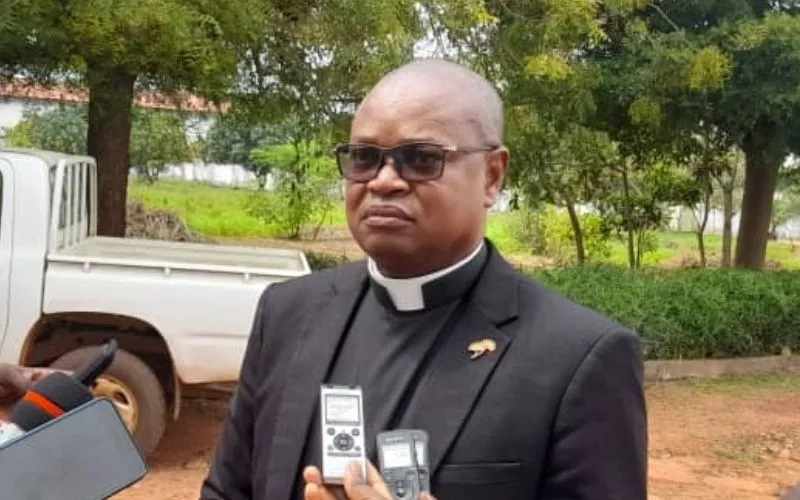Unfortunately, he went on to say, “impunity and the non-application of the legal regime on land ownership, in this case, the Land Law and its respective regulations, have provided the conditions for this situation of permanent conflict between different communities in Guinea-Bissau.”
“With the intensification of these conflicts over land ownership in recent years, various individuals, including the Catholic Church and the Guinean Human Rights League, have denounced the deaths linked to this phenomenon and have shown concern about the situation,” the Pastoral Coordinator of Bafatá Diocese told ACI Africa.
He went on to highlight some of the cases of land conflict between communities, saying, “A conflict between two communities in Guinea Bissau resulted in the death of two men aged 20 and 28.”
“In April, a dispute over land ownership led to clashes between residents of two communities in Djaal, on the outskirts of Bissau, resulting in at least one death and several serious injuries, as well as the destruction of several houses and others being set on fire.” Fr. Tamba recalled.
He continued, “Other cases have come to light, such as Ondame and the Bandim neighborhood in Bissau, where the individuals involved have called for urgent state action to prevent the people from taking justice into their own hands. The highest number of deaths was in the municipality of Nhacra, with three victims.”
Fr. Tamba recalled an episode that he said “shocked communities” that “happened last week in Sancorla Village, in the Bambaringa sector, in the East of the country, where more than 100 people saw their homes destroyed as a result of conflicts over land ownership and we sadly saw children, women and entire families living in the open.”
The Catholic Priest attributed the violent conflict to “the granting of land illegally by both the Town Council and the Traditional Inhabitant; the planting and marketing of peanuts and cashew plantations and the sale of cashew nuts, which now fetch a reasonable price at national and international level.”
“Guinea Bissau is a small country in West Africa with 36,126 square kilometers but with enormous potential in terms of human, water, and fish resources yet to be exploited,” he noted, and added, “Given its wealth of mineral resources and fertility, everyone wants a piece of land for cultivation and housing,”
The government of Guinea Bissau, he went on to say, “is trying to resolve conflicts in an isolated and instantaneous way without taking into account the common denominator, that is, bringing together elements that the conflicts have in common and creating effective resolution strategies.”
Fr. Tamba called on the warring communities to “understand each other because at the end of the day, we are all Africans; we are all brothers, inhabitants of the same land.”








